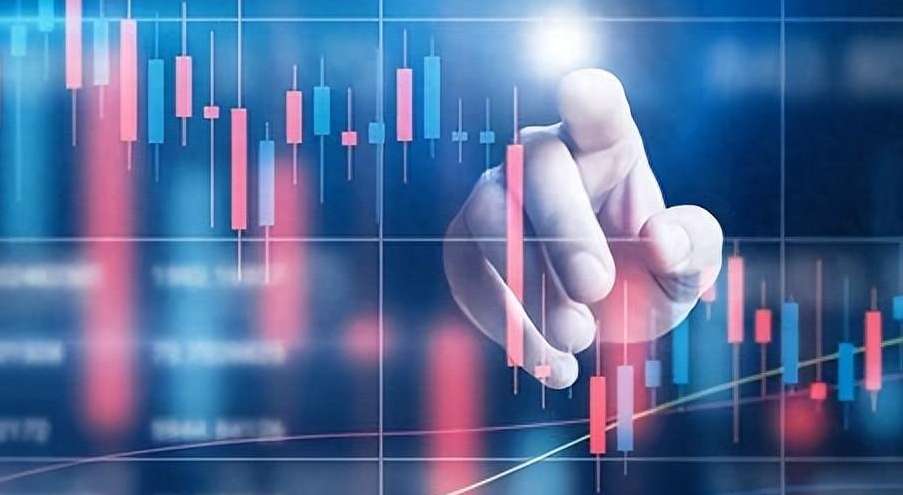Germany in Second Straight Year of Recession
Advertisements
On January 15, 2024, the Federal Statistical Office of Germany revealed a set of economic data that stunned many. The figures indicated that the country's Gross Domestic Product (GDP) decreased by 0.2% compared to the previous year, and when looking back to 2023, the nation witnessed a decline of 0.3%. This marked an unusual occurrence, as it was only the second time since 1950 that Germany experienced two consecutive years of economic contraction. An in-depth analysis by various industry experts suggested that given the current complex economic landscape and existing hindrances, the likelihood of a significant economic rebound in Germany by 2025 was extremely low.
In 2023, Germany stood out among the G7 nations as the sole country to experience economic shrinkage, and it was the first to disclose its full-year economic data for 2024. As Europe's largest economy, Germany's ongoing recession raises serious concerns about future economic prospects. The Bundesbank has projected just a 0.2% growth rate for the German economy in 2025, warning that a potential return to high tariffs under a new U.S. president could further plunge the country back into recession. Timo Wollmershäuser, head of the forecast department at the Ifo Institute, remarked that "Germany is undergoing the longest period of economic stagnation post-World War II and is notably lagging behind in international comparison." The Ifo Institute has forecasted a mere 0.4% economic growth for Germany in 2025.

The prolonged downturn of the German economy can be attributed to several factors. Weak global demand, a struggling manufacturing sector—especially the automotive industry—persisting effects of the energy crisis, a persistent bureaucratic mentality, and a shortage of skilled labor are all contributing elements that analysts believe will not resolve swiftly. As Timo Wollmershäuser from Ifo Institute suggested, “Germany is experiencing the longest period of economic stagnation so far in post-war history.”
This grim economic climate poses significant challenges for the new government likely to emerge from the early elections scheduled for February, following the collapse of the three-party coalition last November, which was partly spurred by debates over the economic downturn and potential remedies. The early voting on February 23 has sparked hopes among many that the elections will yield more growth-oriented policies to help lift the Eurozone out of its difficult situation.
Klaus Borger, an economist from KfW, underscored the necessity for both politicians and businesses to provide convincing answers to the formidable challenges posed by significant transformations needed in the economy. A future government’s handling of Germany’s debt brake will be crucial; this long-established stringent policy championed by conservative politicians may need revision to allow for more flexible investments in infrastructure, energy, and defense sectors.
Germany is not the only country in Europe grappling with economic hurdles. France, the Eurozone's second-largest economy, is also facing the dual challenges of fiscal and political turmoil. For years, the French government has struggled with excessive fiscal deficits and is under pressure to achieve budgetary balance through long-term austerity measures. However, these austerity policies typically involve slashing public spending and raising taxes, which inevitably dampens domestic consumption and investment, potentially stunting economic growth. For instance, cuts in public service funding for sectors like education and healthcare could undermine consumer confidence, while increased corporate taxes might inflate operational costs for businesses, reducing their inclination to invest.
Moreover, the political landscape in France is fraught with severe divisions and conflicts between various political factions, creating significant obstacles for the government in crafting and executing economic policies and thereby amplifying uncertainties surrounding economic advancement.
In this turbulent environment, the role of the European Central Bank (ECB) stands out as a rare positive note. Following four rate cuts in 2024, ECB President Villeroy has articulated the need for continued reductions in interest rates, aiming to reach a level of 2% by summer, as he believes that the battle against inflation has been effectively won.
This confluence of factors—the alarming economic indicators, looming elections, and the potential shift in monetary policies—paints a complex picture of Germany's and the Eurozone’s economic future. Observers and economists will be closely monitoring the developments surrounding the elections in February and the subsequent governmental policies as they could set the course for recovery or further contraction in the region's economic landscape. As the EU navigates this formidable period, the collaboration and adaptability of its member states will be paramount in crafting solutions that foster sustainability and growth.
Categories
Latest Post
- Is the Fed's Rate Cut Ineffective?
- U.S. Stocks Volatile, Nasdaq Sees Decline
- Can the EU Reinvent Its Competitiveness?
- U.S. CPI Disrupts Rate Cuts
- What to Do if Interest Rates Rise This Year
- Significant Decline in the Proportion of High-Risk Banks
- UK December CPI Unexpectedly Slows Down
- Natural Gas Set for Sustained Rise
- Market Volatility Expected, but Short-Term Outlook Positive
- Positive Outlook for U.S. Earnings Season